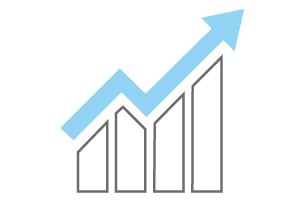Over the past two weeks, markets have been down between 4 percent and 5 percent, and worries about the economy and inflation have been growing. As a result, I’ve been getting questions as to whether it is time to start worrying about the resumption of last year’s bear market. While the recent volatility may well continue, and there are indeed things to keep an eye on, I don’t think so. Here’s why.

















